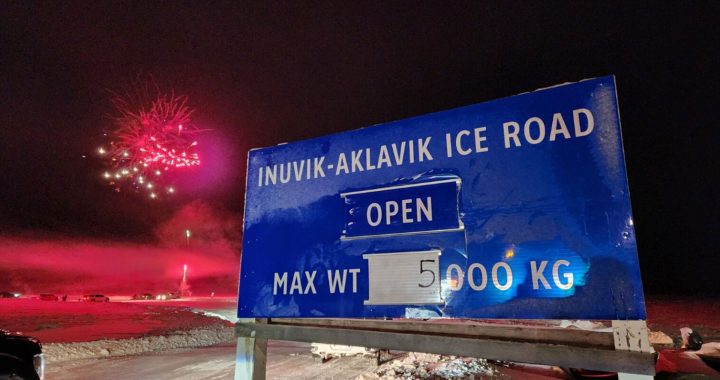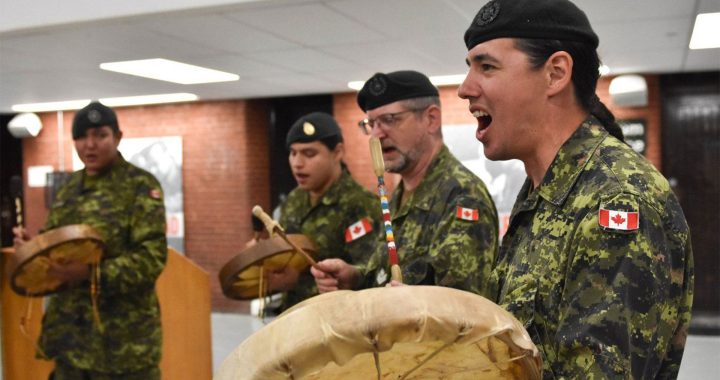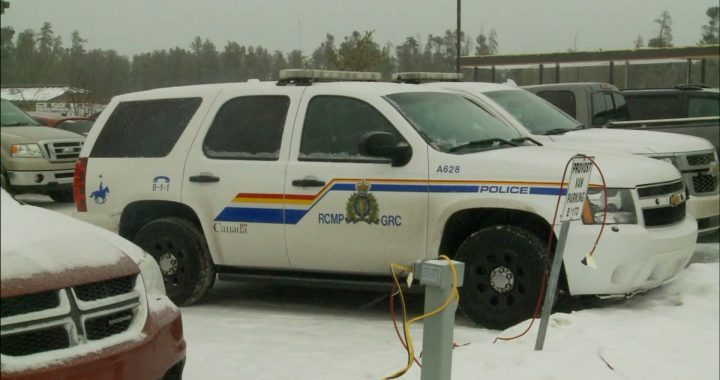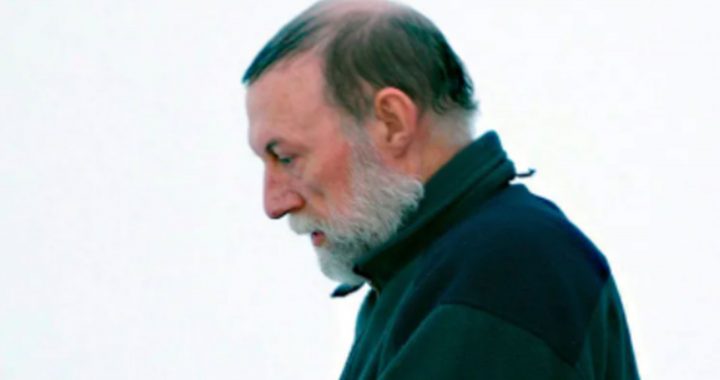
Clinton Kuzio, a Cree man from Manitoba, has gone full circle.
He was a student at Pearson College UWC in Victoria, B.C. from 1987 to 1989. Almost 30 years later, he began teaching there, for three years as a faculty member and reconciliation coordinator. He left the college in 2019 and now works as a community engagement manager and Indigenous Studies instructor at the University of Victoria (UVic).
But education wasn’t always Kuzio’s focus. He spent time away from Pearson College UWC studying law at the University of New Brunswick in 2002 and, after transferring, UVic. After graduating in 2005, he only practiced for a short time.
“I went into law because I was trying to think of more tools to make change,” says Kuzio. “I found six hours a day with the high-school students wasn’t enough.”
But, he says, he soon learned that law was all about “maintaining the status quo.”
“There weren’t a lot of tools within the system of law to make change. Law has its purpose, but it’s not the main way you make change.”
After law school, Kuzio worked in labour law and personal injury. Shortly after, he returned to Victoria to work at the B.C. Ministry of Health. He was the director of Aboriginal health governance for nearly eight years, but found himself returning to teaching and back at UVic.
Focusing on Indigenous studies
In his teachings as an Indigenous studies instructor, Kuzio talks about colonization not just as something that has happened in the past but something that is still happening now.
In his first year at UVic, Kuzio taught core courses on the formation, maintenance and diversity of Indigenous identities, and on the ways Indigenous Peoples have experienced and resisted colonialism. These courses introduced students to historical, social, political, legal and gendered frameworks that shape the relationship between Indigenous Peoples, the state of Canada and Canadian society.
Kuzio says he is careful to create a safe space for his Indigenous students in particular. He never wants to do to them what he says was often done to him in class. That often involved, for example, being asked interrogative questions by his teachers, such as “You’re from this territory, tell us what your ways are. Did your grandparents go to residential school? What was that like?”
“Never, never, never, never,” he says adamantly in terms of ever using that style of teaching. Instead, he says, “my classes centre around truth-telling. About being kind. Putting blame where it is and not letting anyone off the hook, but not putting [students] on the spot.”
In Kuzio’s class, open conversations are welcome and encouraged. He says he teaches his Indigenous and non-Indigenous students the art of truly listening to each other and, most importantly, how not to conform, and “to not give so much of their power away to authorities around them.”
Which is why Kuzio would give his students “little assignments” when he was teaching at Pearson College UWC. One week, one of these assignments would be to ask “why?”
“When someone asks you to do something or tells you to do something, you’re to ask why, and you keep asking why until you get an acceptable answer,” explains Kuzio. The next week, he says, they had an even harder task: say “no” without feeling the need to provide an explanation.
Kuzio’s reasoning for this type of exercise? “I worry that these really bright kids who have so much potential will just end up in business and finance and not really change the world. So they have to practice.”
He says that he has “many former classmates who went into business and finance and even those that hoped to make a positive change in the world, [and] ended up just accumulating wealth instead of using the money for good.”
“The whole capitalist financial system is designed to make very few wealthy off the labour of the masses, and so those attempting to be at the top of that system are often up to no good.”
Kuzio explains that this method of teaching helped his students to simply get the words out. He asks, “How do you say no when you’ve never practiced ever?”
The technique is purposeful in the way that it sets his students up so they aren’t moving through their careers “blindly.” And, he says, so they hold onto their value systems and create healthy boundaries when “their values are opposed to a lot of the systems around us of capitalism, colonization and imperialism.”
“I got fired for jobs because I’ve just been unagreeable,” he says, noting that integrity is most important. “You don’t get advanced jobs when you say no to bosses, but you can look yourself in the mirror.”
Kuzio compares his methods of teaching about colonized systems to that of tracking a virus.
“It is possible to look in the news right now [and] look at the causes, of the causes, of the causes, of the causes…sort of like epidemiology. When people are looking at the spread of diseases, you’re trying to find the root cause. What created this virus?,” he says.
“We could sit here and look at a sign about non-smoking. What does that [sign] represent? Who has the authority? Look into the governance structures in Victoria. How laws are made. Why? What are their purposes? Always bringing it to the present, real life.”
This means Kuzio uses his teaching platform to talk about what is wrong with colonialism, which he calls “digging into systems.”
When asked about his thoughts on acculturation and what that term means to him, Kuzio doesn’t take long to think of an answer.
“No other culture is expected to remain in the past. We don’t claim someone as Scottish heritage as not Scottish because they don’t wear a kilt, because they aren’t willing to engage in practicing with swords and going to battle with blue faces. You wouldn’t question their identity and say, ‘Well, you’re just in general society,’” he says.
“The reason I think that term is used against [Indigenous Peoples] around the land is if you can say that we don’t exist, then there are no Indigenous people to claim the land that is ours, and government is slowly doing that.”
“If they tie all our rights and title to whether or not we have Indian status, according to some official in Ottawa to determine what that means, then there’s no one to claim an Aboriginal right in law in the courts. So it’s nefarious. That term ‘acculturation’ is trying to say we don’t exist.”
On sacred knowledge
Kuzio says he does sometimes struggle with what knowledge should be shared and what shouldn’t be. For example, when he teaches oral histories, a knowledge provided by his Elders, Kuzio says he is careful to protect what he has learned and is sharing with his students.
“It’s not for everyone,” he says. “It’s not to be shared in the classroom.”
That sacred information Kuzio is referring to is what he considers ceremonious. When receiving teachings from his Elders, he has to be careful not to take it all in at once, he explains.
He says that, through his westernized thinking, “It would cause such discomfort, [a] cognitive dissonance, where I wouldn’t be able to take what they truly told me and make sense of it in my current world, it would cause distress.”
He says he would feel this way having not gone through the full ceremonial practices himself, not yet having done the work the Elders have.
“And so I’m really careful. I’ll talk more about what has been done to us.”
Breaking through a screen
With many of B.C.’s post-secondary classes continuing online this fall due to COVID-19 safety measures, Kuzio says he is concerned about how he will be able to teach these practices without connecting in person with his students when his class returns in September.
“To really have those breakthrough moments requires people to feel safe,” he says. “So that’s going to be a challenge…finding ways to build that trust, even though we’re only looking at each other [through] screens. That’s tricky.”
Kuzio says he doesn’t see his teaching as instilling a sense of pride in his Indigenous students. However, he says he enjoys seeing a newfound confidence in what it means to be an Indigenous person in general, something that he says has been lost through generations.
He recalls seeing a group of young Indigenous interns on their way to lunch one day when he was driving home from his job at the Ministry of Health.
“They were all walking together, heads held high, shoulders back, owning the space. No one was getting out of the way making themselves smaller. It was so good to see youth that way, because I’ve seen people older than me try to make themselves smaller, trying to avoid conflict, because it’s deadly.”
“So it was nice to see that it’s coming back, that people aren’t just putting on an act of strength, but really feeling strong in their Indigeneity. It’s happening more and more.”











